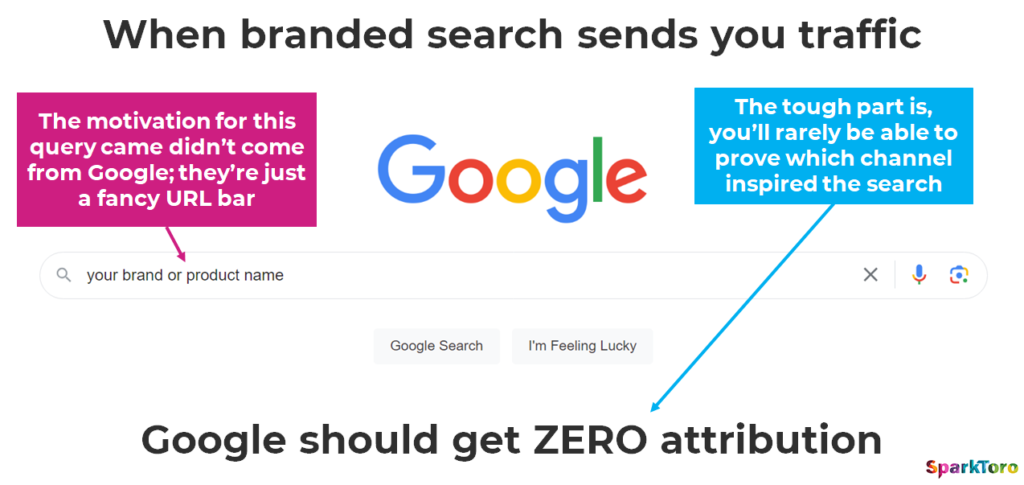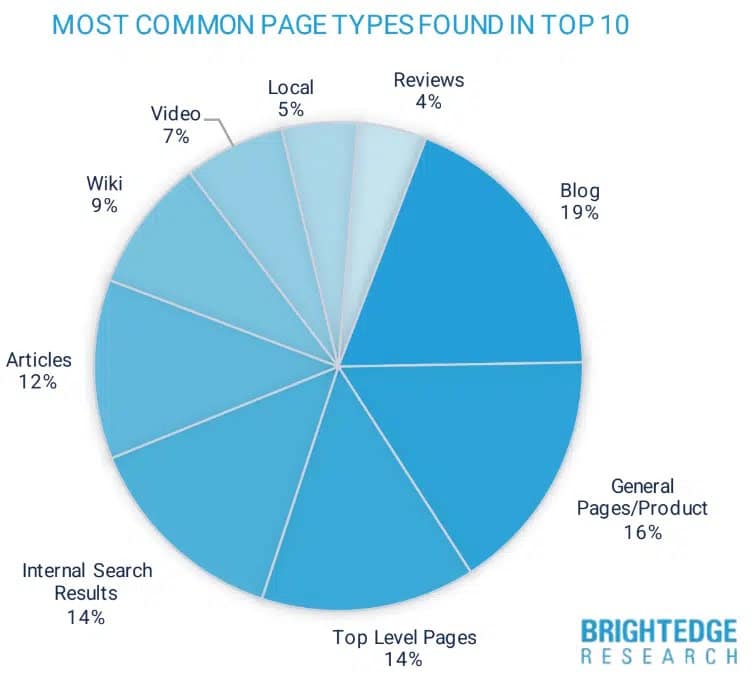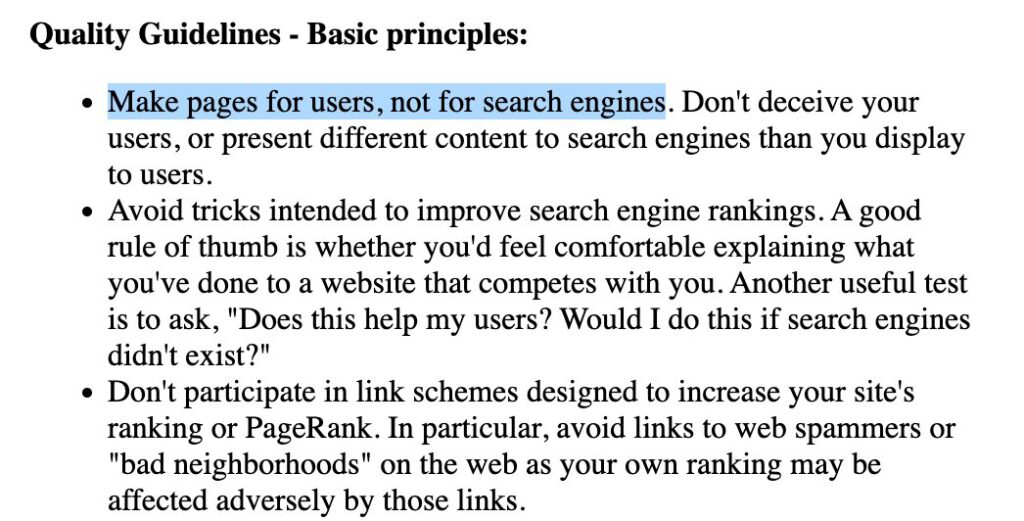I’ve shared a few times on here how precise attribution of online activities is becoming more and more difficult to track. It feels like companies are collecting every bit of information that they can about us, which is true, but it’s becoming trickier to put all of the pieces together.
Ad blockers and cookie policies are a big reason why, but there’s also just the fact that so many marketing activities simply aren’t done in ways that are trackable (private conversations online, in-person events, etc).
A recent article from Ann Gynn on the Content Marketing Institute blog suggests that we go back to tracking marketing like we did in 1985 — focus on the lift of the brand. From her article:
“To measure impact, you should follow in the footsteps of the 1980s marketer. Evaluate the before-and-after metrics overall, and don’t assign a value to each component’s contributions.“
That’s not to say that we should ignore SEO and other current marketing best practices, as those are still certainly valuable, but that we shouldn’t put as much weight into the numbers. Again, from Ann:
“Still, your brand can’t ignore search rankings as they play a role in those zero-click results and some humans still see Google, other search engines, and even generative AI tools as their go-to research sources.“
Taking it further, she quotes SparkToro CEO Rand Fishkin (among the most well-known search engine marketers in the world), who expresses the problem quite clearly:
“They have to understand when you provide attribution, you miss almost every organic channel, every word-of-mouth-channel, almost every social engagement channel that’s organic, and almost every channel that doesn’t directly drive a link that passes a referral string.”
Instead, they must recognize that measurement is the preferred method and it requires a long-range assessment of brand strength and recognition. “You’re going to look at lift, not attribution,” Rand says. “They have to buy into this new method of operating.”
There’s not an easy answer here, but the first step is to accept reality. Rand says “attribution is fully broken these days, but we’re still using it like we used to“. At GreenMellen we still track every bit of data that we can, across a variety of different tools, and I don’t see that stopping anytime soon. However, we also need to be sure we’re tracking the overall vitality of each brand so we can get a better idea of the success of the overall marketing plan.
The next few years will be very interesting, headlined by the impact that AI will be making, but we can be confident that precise attribution is never coming back and we need to work hard to find ways to track overall lift instead.
I encourage you to check out Ann’s full article, as well as the live show where she pulled some of Rand’s thoughts.


